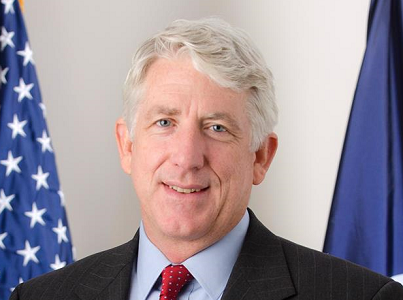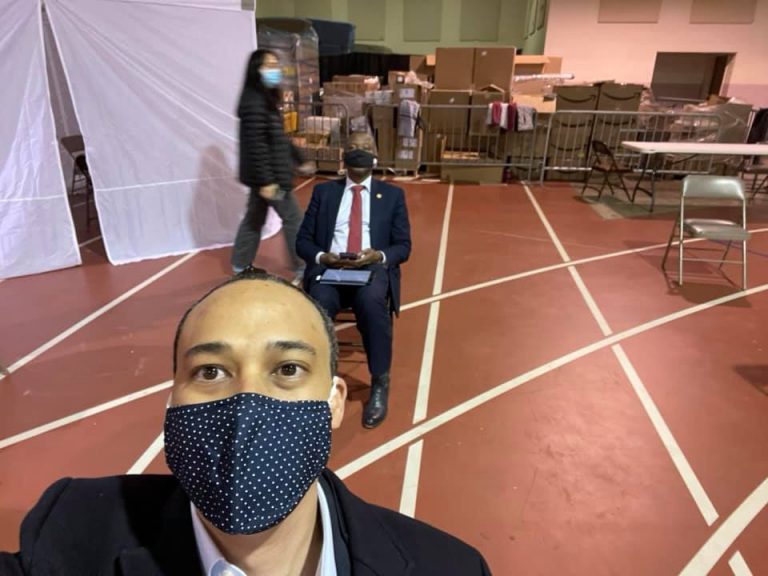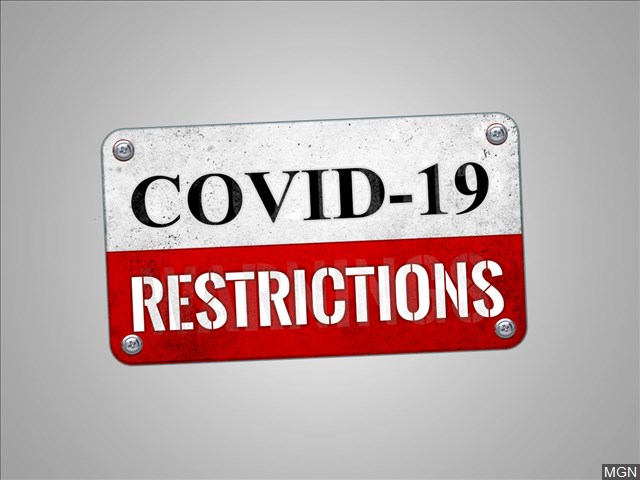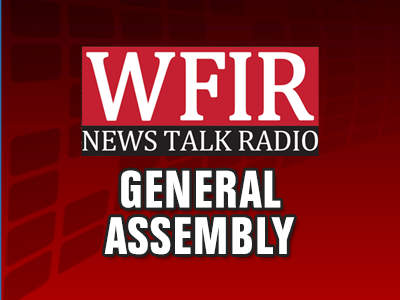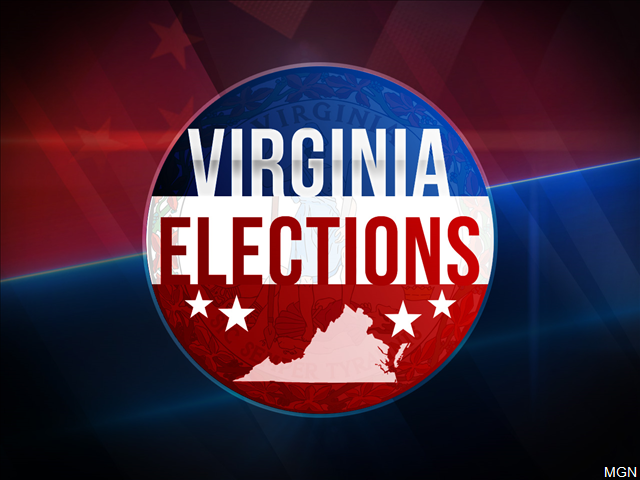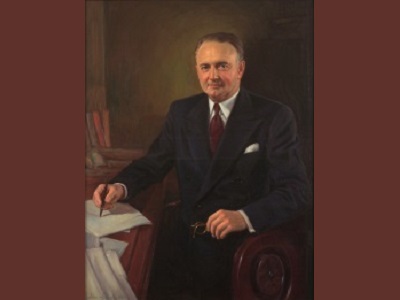RICHMOND (March 5, 2021) – Attorney General Mark R. Herring issued the below statement following a judge’s ruling granting...
State and National Government
March is “National Problem Gambling Awareness Month” and the Virginia Lottery is once again – as it...
A UVA Political analyst believes former President Trump would have an up hill battle if he runs...
Governor Northam has endorsed Delegate Jay Jones over incumbent Mark Herring for the Democratic nomination for Attorney...
A new study finds that as of March first, Virginia had the greatest total number of COVID-related...
New River Valley Republican delegate Nick Rush says he will not run for a 6th term this...
The General Assembly has completed this year’s regular business, save for dealing with any vetoes or amendments...
RICHMOND, Va. (AP) — Virginia lawmakers gave final approval Saturday to a bill that will legalize marijuana...
WASHINGTON (AP) – Democrats are ready to shove a $1.9 trillion COVID-19 relief package through the House...
Virginia is one step closer to setting percentage goals when awarding government contracts and subcontracts to small...
A recent poll shows none of the candidates for Lt. Governor are in the lead – but...
Virginia’s DMV is adding more services that can be conducted on line. The idea is to make...
The Republican Party of Virginia has opted to choose statewide candidates during a convention this Spring, despite...
RICHMOND, Va. (AP) — A statue of segregationist Harry F. Byrd Sr., who served as Virginia’s governor...
A new statewide poll suggests that about two-thirds of Virginia voters believe President Biden’s victory was legitimate....

